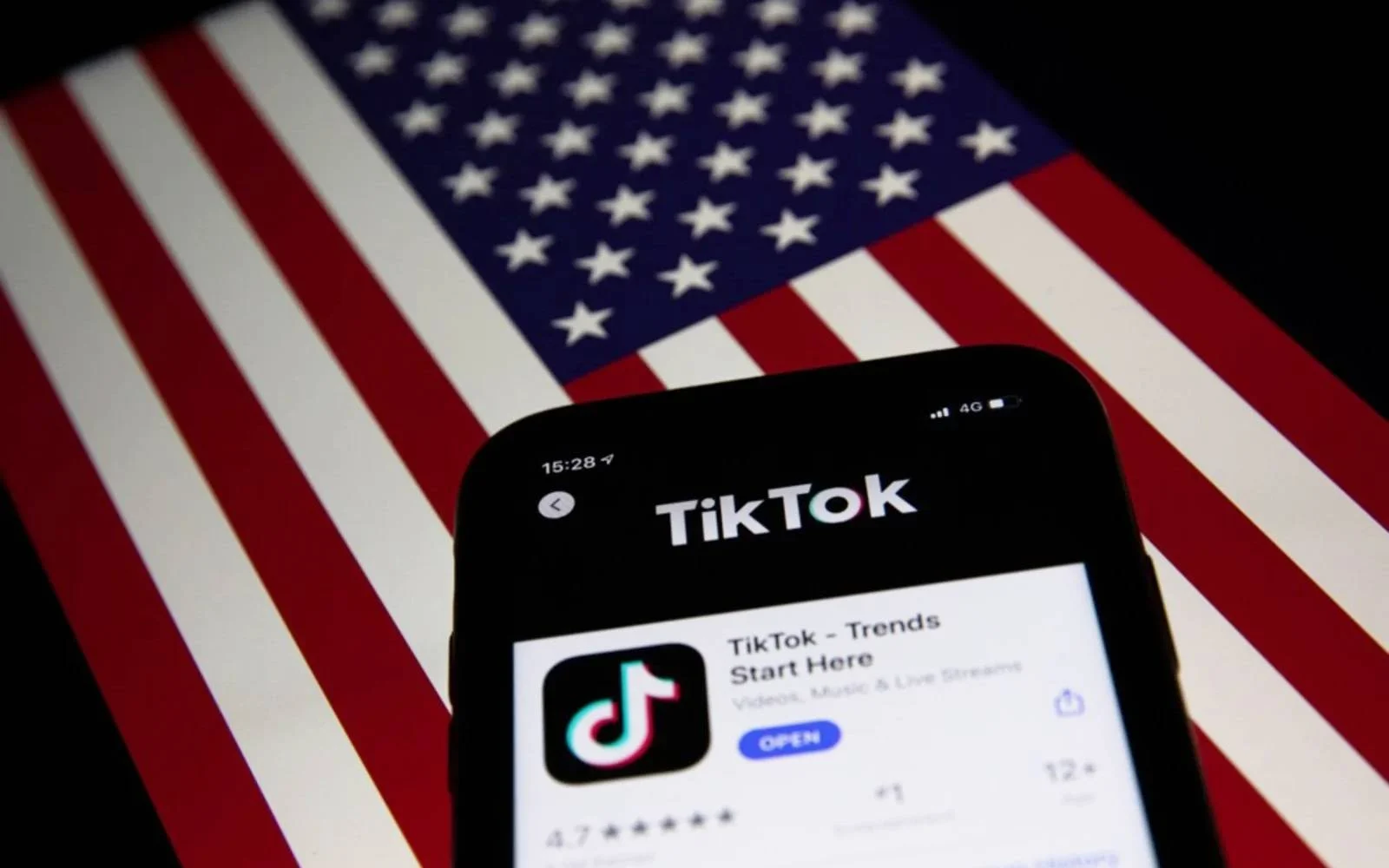With only nine days until TikTok’s potential ban, the U.S. Supreme Court must decide if national security concerns outweigh the app’s First Amendment protections.
A bill titled “No TikTok on United States Devices Act” was passed by Congress in April of 2024, required ByteDance, the parent company of TikTok, to cut its ties with China by selling the app to a U.S.-based company, giving them until Jan. 19, when the ban will be in effect. With just nine days remaining before the ban takes effect, the Supreme Court is set to hear oral arguments and examine whether the bill violates the First Amendment.
TikTok has since appealed the bill to the Supreme Court, claiming that the app is protected under the First Amendment’s freedom of speech protection. TikTok Attorney Noel Francisco addresses the bill and points out the unjust nature of the TikTok ban which will infringe on TikTok’s First Amendment rights as well as addressing how the bill directly singles out TikTok because of the government’s fears of what China could potentially do with the information.
“The act is content-based from beginning to end. It applies only to social media platforms that have user-generated content. Within that content-based universe, it singles out a speaker for uniquely harsh treatment, and it does so because the government fears that China could, indirectly, pressure TikTok to leak foreign misinformation and propaganda. The government has no valid interest in preventing foreign propaganda. The government’s real target, rather, is the speech itself. It’s fear that Americans, even if fully informed, could be persuaded by Chinese misinformation that, however, is a decision that the First Amendment leaves to the people,” Francisco said.
In response, U.S Solicitor General Elizabeth Prelogar, argues that TikTok represents a national security threat and emphasizes that Congress had given ByteDance ample time to sever its connection with China and transfer the app to an American company—without infringing on the app’s free speech.
“The Chinese government’s control of TikTok poses a grave threat to national security. The Chinese government could weaponize TikTok at any time to harm the United States. TikTok collects unprecedented amounts of personal data, that concerns not just the 170 million American users, but also their non-user contacts who might not even be engaging with the platform. That data would be valuable to the Chinese government which has sought to build detailed profiles about Americans, Tiktok’s immense dataset would give China a powerful tool for harassment, recruitment, and espionage. The Act addresses the threat of foreign adversary control with laser-like focus,” Preloger said.
During oral arguments, concerns arose about the Chinese government gaining control of sensitive information about America and its people. Chief Justice John Roberts asked for clarification and clarification. Moreover, Roberts highlights key points in favor of Congress’s bill.
In response to Roberts’s line of question and concerns, Jeffrey Fisher, an attorney representing TikTok content, argued that the law infringes on his clients’, TikTok(‘s users), First Amendment rights by restricting their ability to work with the platform of their choice. He emphasized that TikTok’s unique algorithm allows his clients and other “ordinary American citizens” to grow large audiences and have their voices heard. Fisher also pointed out that no other social media platform has been able to replicate the environment TikTok provides, and that banning the app would put creators at a significant disadvantage.
With the Supreme Court yet to reach a decision, the question remains: what will become of TikTok?



